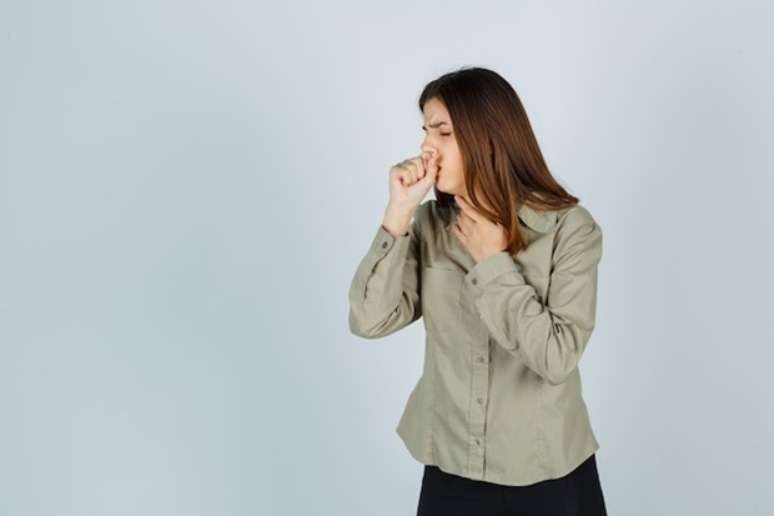In World Asthma Month, it is first of all necessary to recognize it as a chronic condition, with no cure, but with solutions and treatments available in public health.
Since 1998, the entire first Tuesday of May has been dedicated to World Asthma Day, a chronic non-communicable disease that still deserves full attention and care today. According to the Ministry of Health, it is estimated that 23.2% of the Brazilian population lives with asthmaa respiratory condition that can lead to death.
With Brazil’s population of 214.3 million, it is estimated that over 49 million people have the condition. In primary health care (PHC), 2021 recorded 1.3 million attendance and around 231,000 more consultations than in 2020 (1.1 million). In 2022, according to the Department of Informatics of the Unified Health System (DATASUS), there were 83,155 hospitalizations and 524 deathswhile February of this year, 7,197 people were hospitalized for asthma and there were 20 deaths in the country.
According to the doctor. Angela Honda, head of educational programs at the ProAR Foundation, asthma can be considered a common and quite frequent condition, but the large number of underreported ones is one of the great challenges. “There is a great underreporting of the disease, and people affected say they have bronchitis and not asthma. Not using the correct term, people understate the disease,” sadly patients get used to living with shortness of breath and they run life-threatening if not treated properly. declares Dr. Angela.
Confirming this point, Dr. Eduardo Macário, Representative of the Institutional and Participatory Support Team of the Ministry of Health for Santa Catarina and Member of the Advisory Committee of the ForumDCNTs, reiterates that “asthma, being one of the main chronic respiratory conditions, requires attention and concern in our health system It is a condition that, although it has no cure, its management is accessible so that the person has quality of life”. Misinformation enters once again as a critical point, since the correct diagnosis must already take place at the first consultation, concludes Dr. Edward.
According to the Brazilian Association of Allergy and Immunology (ASBAI), the Epidemiological studies show that 5% of the population with this condition in Brazil have the most severe formrequiring follow-up in specialist care, i.e. 95% of people with asthma can and must be followed up with the technologies available in primary health care.
One possible response to the challenges in tackling asthma is to expand the Family Health Strategy (FSE), which aims to reorganize ODA in Brazil. Mr. Alessandro Chagas, Technical Advisor of the National Council of Municipal Health Secretariats (CONASEMS), also underlines the need to increase the sensitivity of the diagnosis and treat asthma as a chronic pathology, as well as relying on the educational movement for the qualification of health professionals .
It is worth mentioning that, second definition of the Ministry of Health, asthma “is characterized by a process that affects the whole body and not just the lower airways, which increases the production of secretions and obstructs the passage of air”. Based on this definition, Dr. Angela Honda integrates the need for a multidisciplinary team in respiratory conditions, with emphasis on nutritionists and physiotherapists, mainly due to the large muscle loss in this process, as well as nurses and pharmacists in education about the disease and the correct use of inhalation devices .
More information is available at www.ForumDCNTs.org.
Website: https://www.forumdcnts.org/
Source: Terra
Rose James is a Gossipify movie and series reviewer known for her in-depth analysis and unique perspective on the latest releases. With a background in film studies, she provides engaging and informative reviews, and keeps readers up to date with industry trends and emerging talents.







